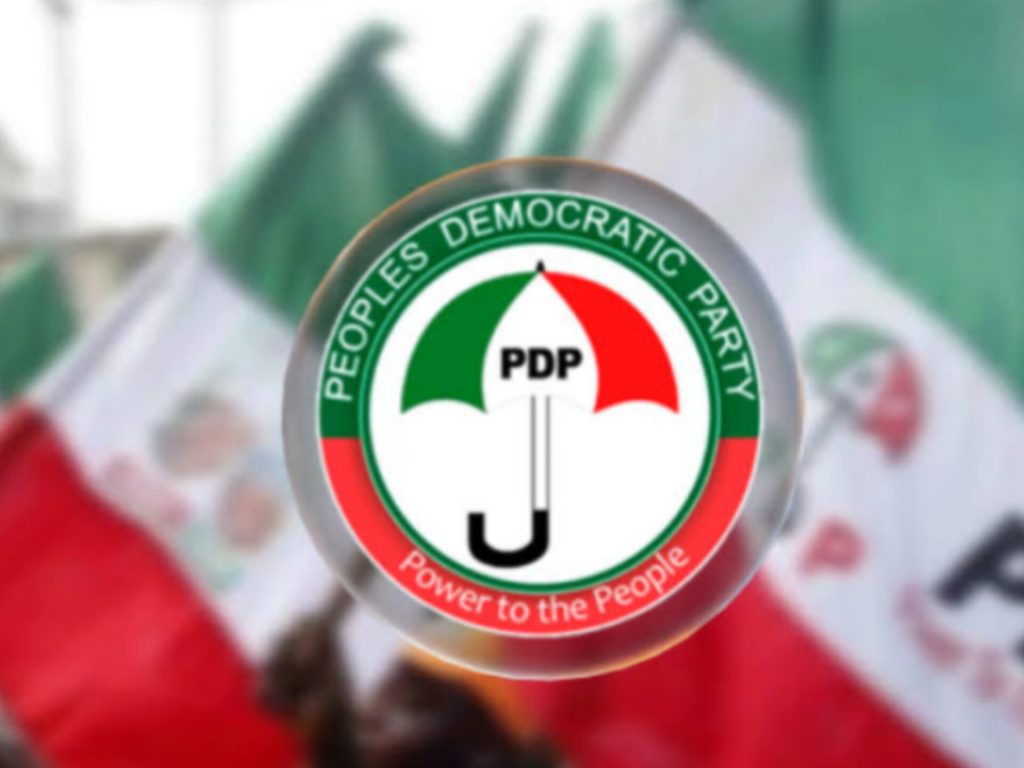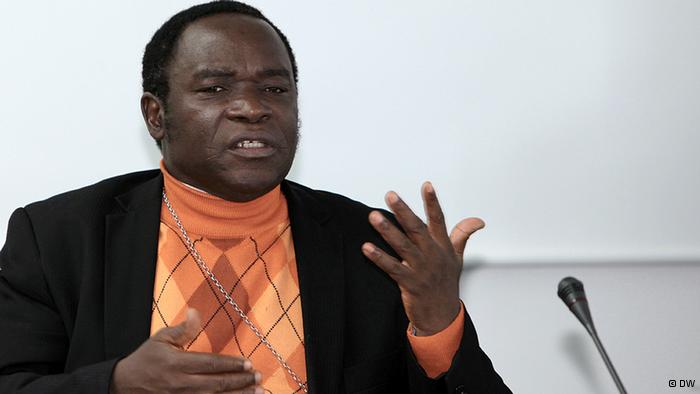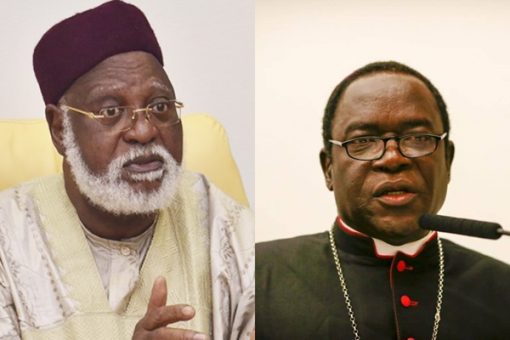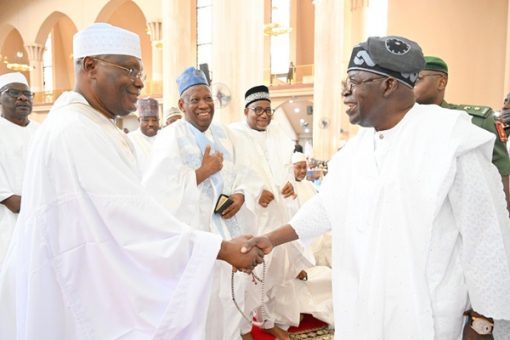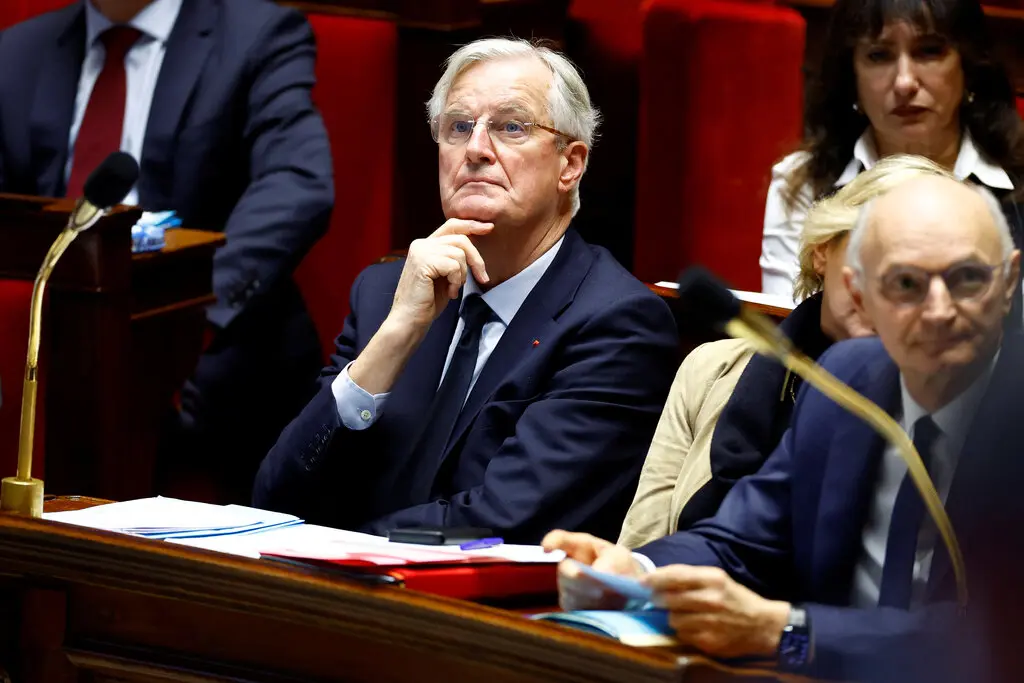Bishop Kukah Reveals Tinubu’s Absence from Peace Accord Signing
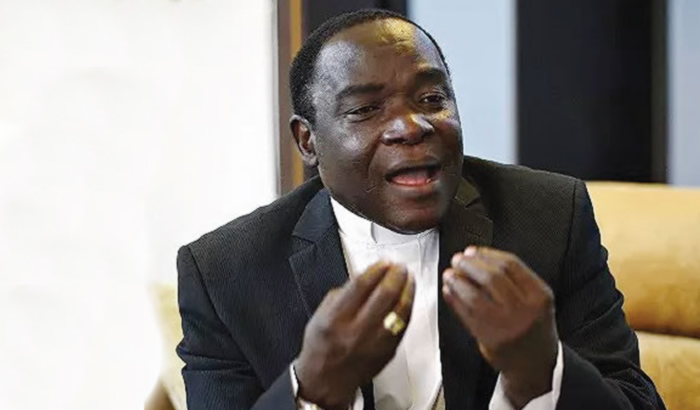
Bishop Matthew Kukah of the Catholic Diocese of Sokoto has made a startling revelation: President Bola Tinubu did not sign the Peace Accord when he was running for president in the 2023 elections.
Kukah, a key member of the National Peace Committee chaired by former Head of State General Abdulsalami Abubakar, revealed this during a security town hall meeting in Benin City.
The clergyman asserted that the failure of political parties and candidates to sign the Peace Accord sends the wrong message to the public, and that the opposition could easily exploit this fact to their advantage.
Kukah emphasized that the Peace Accord is not legally binding, and candidates cannot be forced to sign it. However, the moral implications of not signing the accord cannot be overlooked.
The Bishop lamented that it is a pity that the opposition parties did not seize the opportunity to use this information to their advantage during the presidential campaign.
His remarks shine a spotlight on the delicate balance between the moral and legal obligations of political leaders and the need for transparency in the electoral process.
As Bishop Kukah aptly noted, the signing of the Peace Accord is a voluntary, moral commitment by political leaders to uphold peaceful and fair election practices.
While the absence of Tinubu’s signature may not have had immediate legal repercussions, it does raise questions about his commitment to peaceful democratic processes.
Furthermore, the lack of a unified voice from the opposition highlights the need for stronger opposition parties in Nigeria’s democratic system, which could provide a powerful check on the ruling party’s power and promote transparency and accountability.
As Nigeria continues to develop its democratic institutions, it is crucial that political leaders prioritize the principles of peaceful democratic transition and fair elections.
The Peace Accord represents a powerful symbol of these principles, and the failure of some candidates to sign it may suggest a lack of commitment to these values.
In addition to the role of political parties, the media and civil society organizations also have an important part to play in holding elected officials accountable and ensuring that elections are transparent and free from violence.
As the nation looks to the future, it is essential that Nigeria’s leaders, both current and future, prioritize the wellbeing of the nation over their own political ambitions.
The health of Nigeria’s democracy depends on a commitment to peaceful, fair, and transparent elections. This is not only a moral obligation, but also a practical necessity for ensuring that the nation continues to progress and develop.
Bishop Kukah’s remarks serve as a timely reminder of the importance of these values in Nigeria’s democratic journey and a call for continued vigilance in safeguarding the country’s democratic processes.
References and Citations:
- PUNCH – Tinubu didn’t sign Peace Accord in 2023 say Kukah
- Premium – Edo Peace Accord: PDP is is following Tinubu’s example – Kukah
- Daily post – Edo guber: Tinubu didn’t sign Peace Accord, committee can’t force PDP – Kukah


